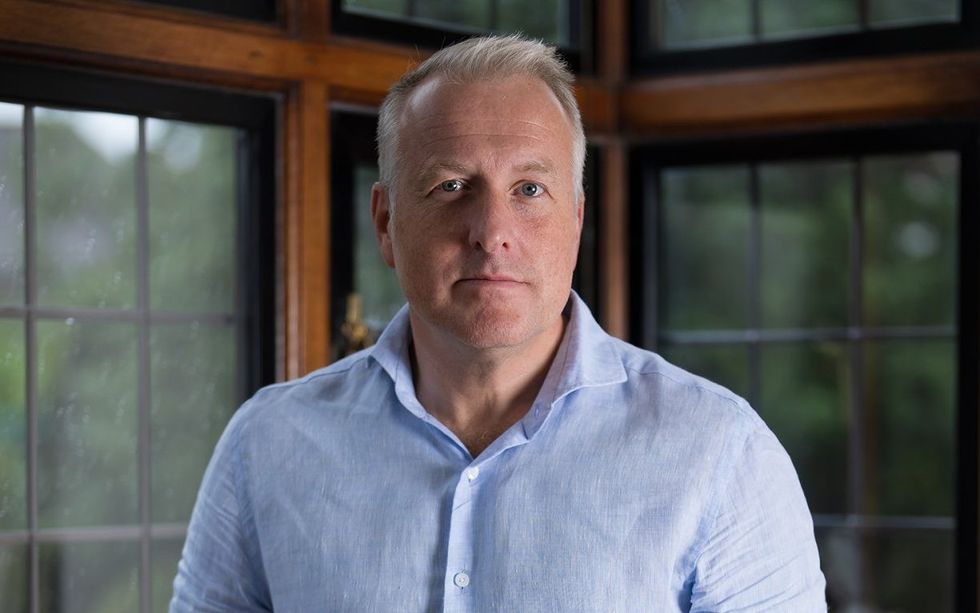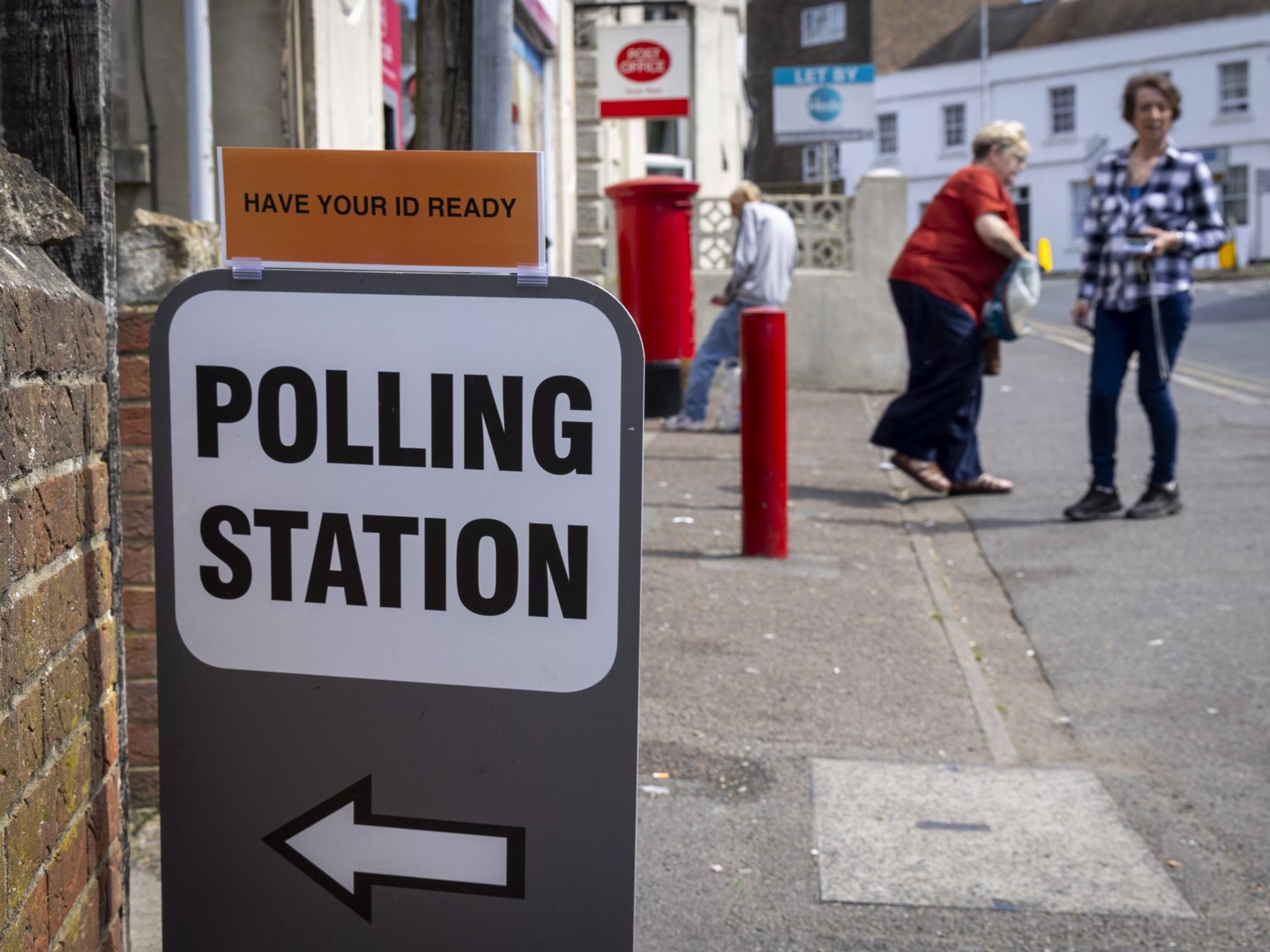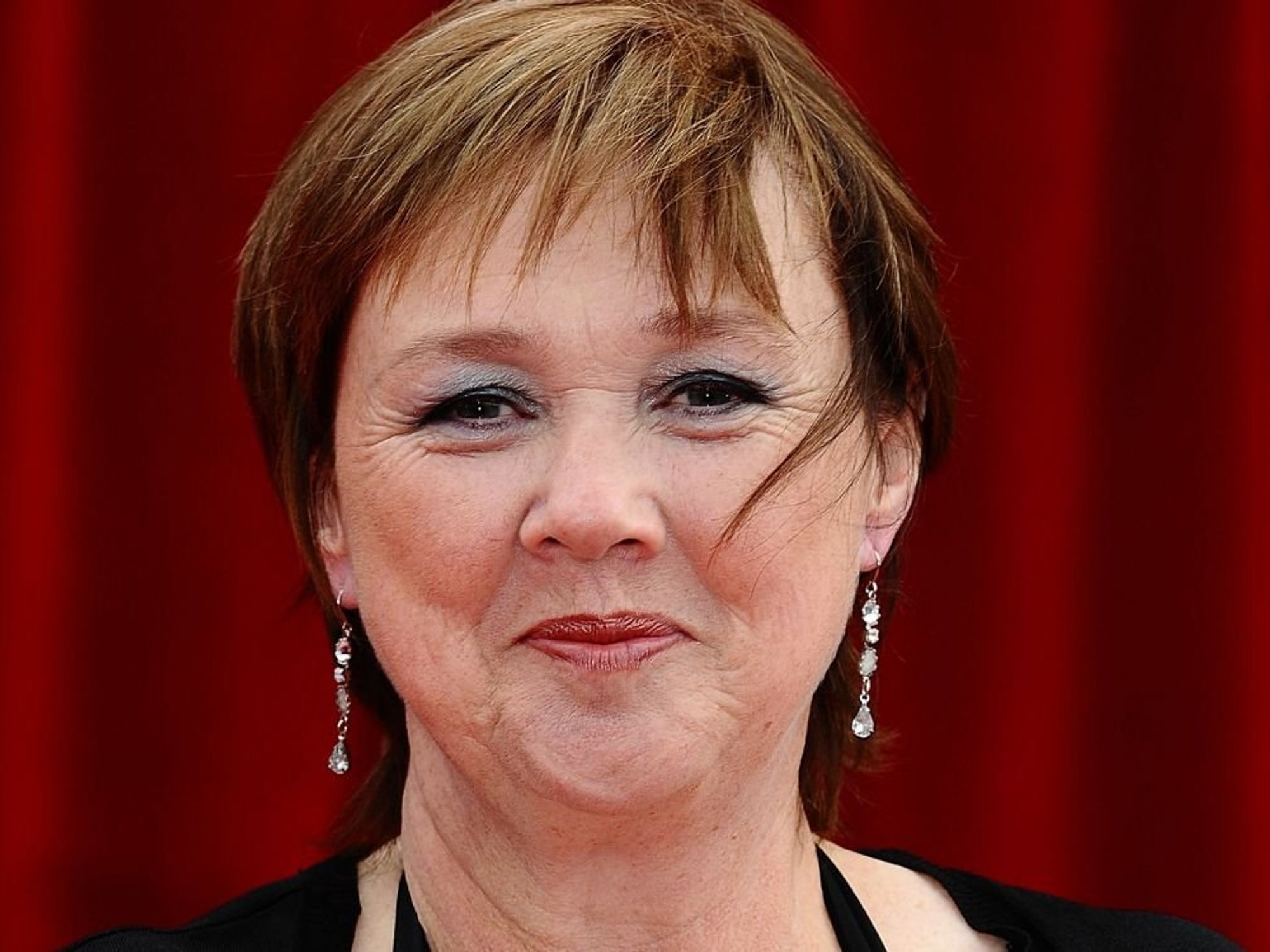The revival of 100% mortgages has clear appeal but could spell nationwide instability, warns property expert
As no-deposit mortgages see a resurgence, it's important to consider their potential impact beyond borrowers. Property expert Jonathan Rolande weighs in
Don't Miss
Most Read
April Mortgages, a new entrant to the market, has brought back 100 per cent loan-to-value (LTV) mortgages for first-time buyers and home movers, reminiscent of the pre-2008 housing market.
These no-deposit products, with interest rates from 5.99 per cent fixed for 10 or 15 years, aim to help those struggling to save for deposits.
But whilst they may open doors to homeownership, they also raise serious questions about financial stability. And that's not just for the borrower, but for the country as a whole.
For renters battling rising housing costs, the appeal of skipping the deposit hurdle is clear.

Borrowers could commit to lengthy loans without adequate safeguards
|GETTY IMAGES
However, without this financial buffer, borrowers immediately risk negative equity if property values dip, potentially owing more than their homes are worth, a scenario that contributed significantly to the 2008 financial crisis. This is compounded once significant buying costs are taken into account.
Critics rightly point out that such lending practices could encourage financial overextension.
Borrowers could commit to lengthy loans without adequate safeguards. The fixed-rate structure offers payment predictability but could be a disadvantage if interest rates fall. If property values fall, the incentive to keep paying is hit hard.
The wider housing market continues to face challenges. Inflation is back in its box but could reappear at any time.
We have seen a rise in figures released this week - 3.5 per cent, which is well ahead of The Bank of England’s target of 2 per cent.
Rises such as this are tackled by increasing interest rates. Whilst this won't affect somebody with a fixed rate, it could result in a drop in house prices.
Government initiatives to boost housing supply and tackle affordability are essential, but a significant rise in new build numbers is yet to be seen.
In my experience working with property sellers across England and Wales, I've seen firsthand how financial optimism can lead to so-called 'distressed sales', although thankfully, we have not seen large-scale 90s-style repossessions.
LATEST DEVELOPMENTS
 Jonathan Rolande shares his expertise |
Jonathan Rolande shares his expertise | Jonathan Rolande
Whilst 100 per cent mortgages might provide a short-term solution for aspiring homeowners, prospective buyers must approach such products cautiously, fully understanding the implications before committing.
Lenders must balance innovation with sustainable practices to avoid repeating past mistakes.
Jonathan is the founder of House Buy Fast. For more information, visit www.jonathanrolande.co.uk











